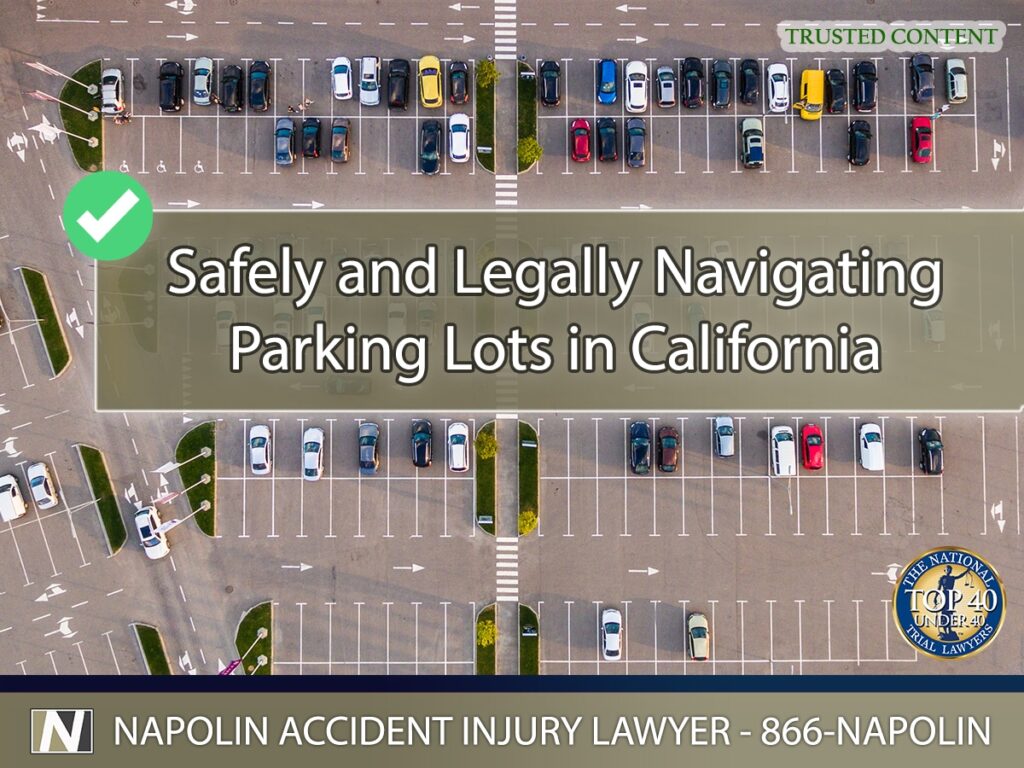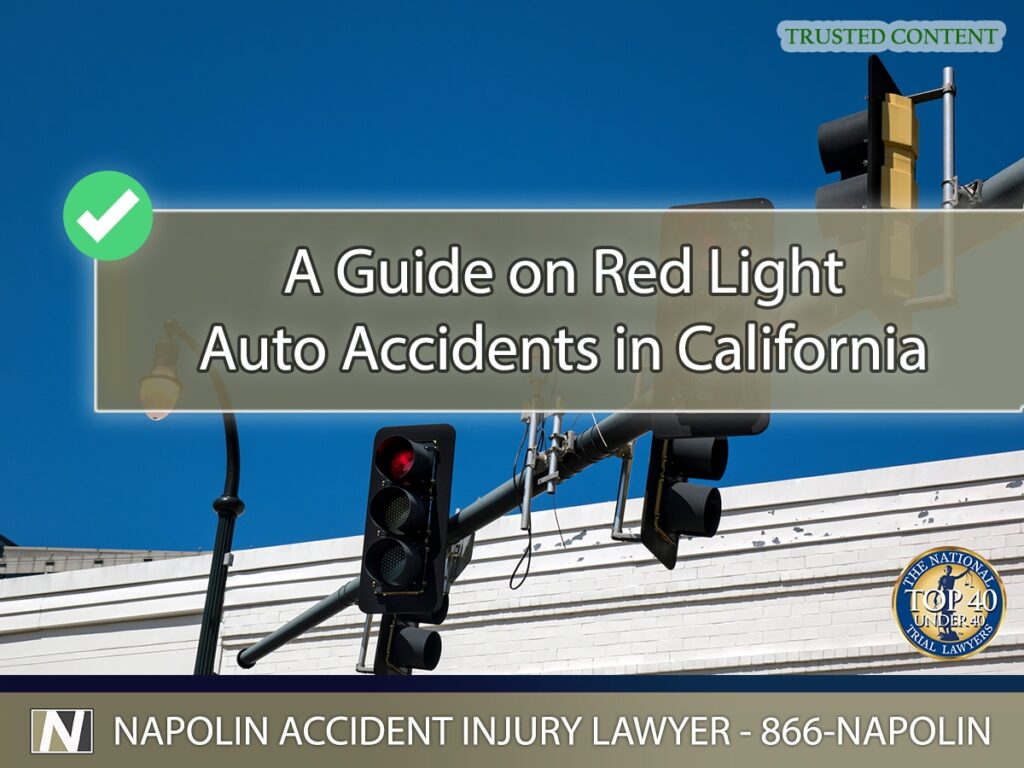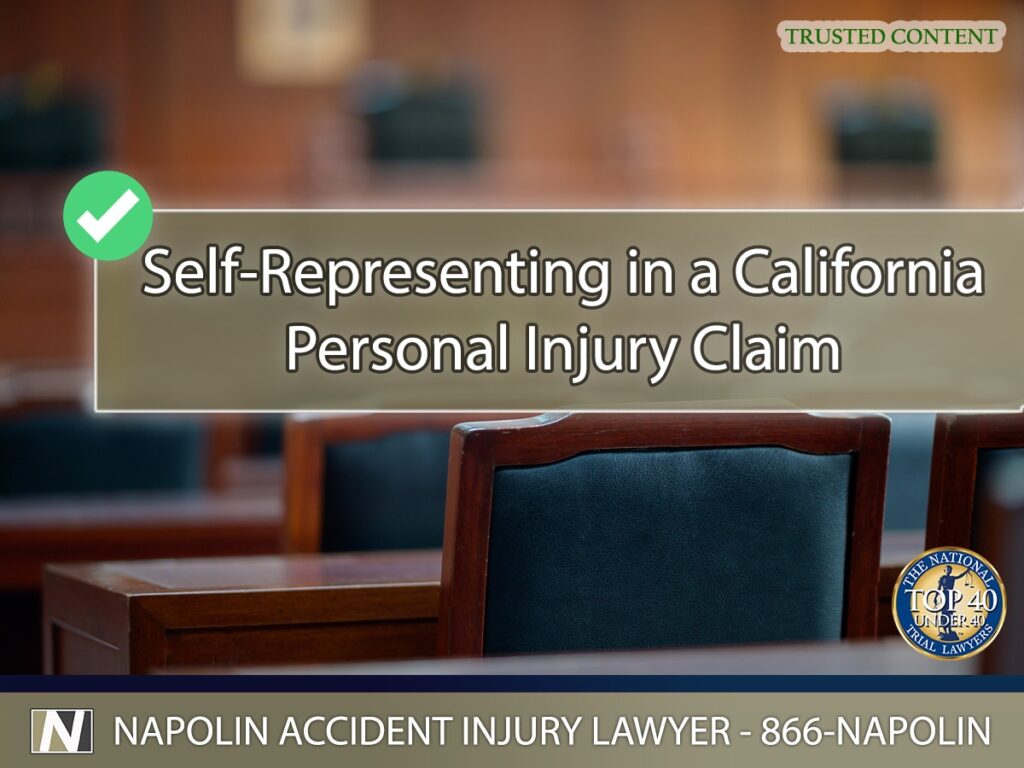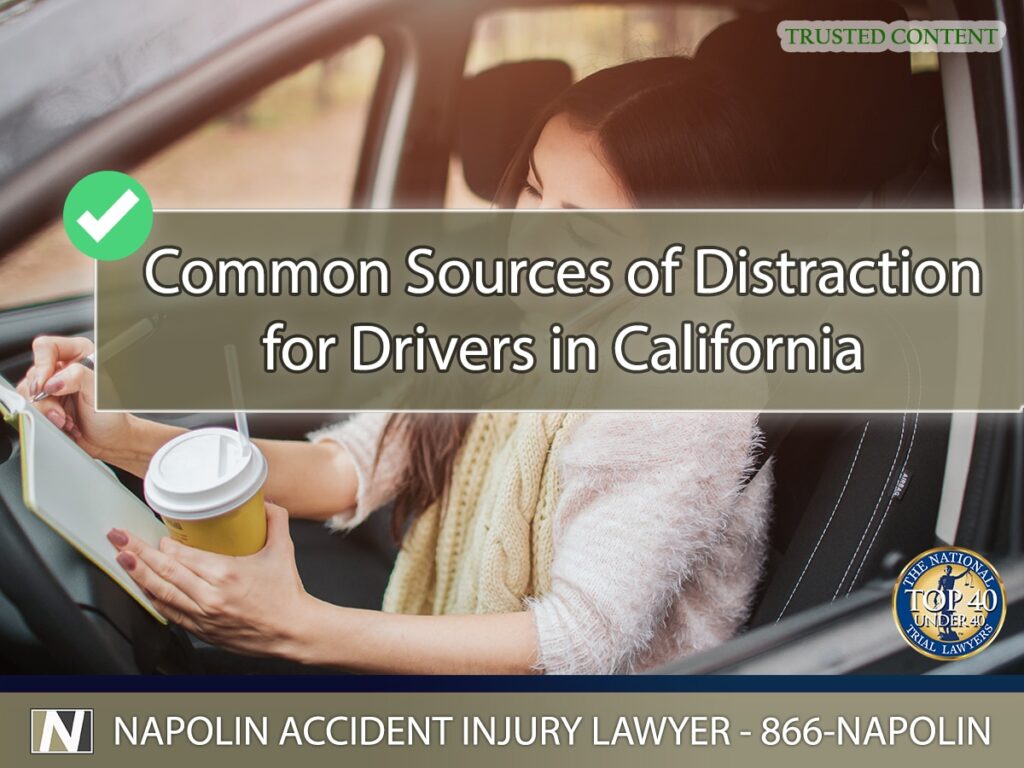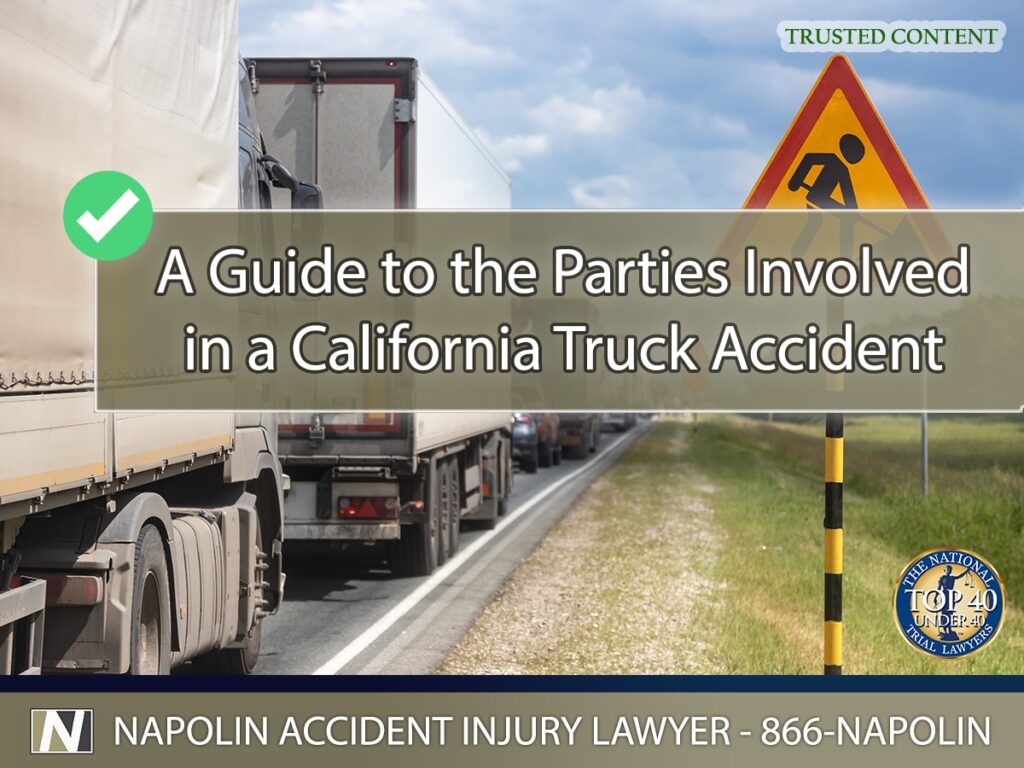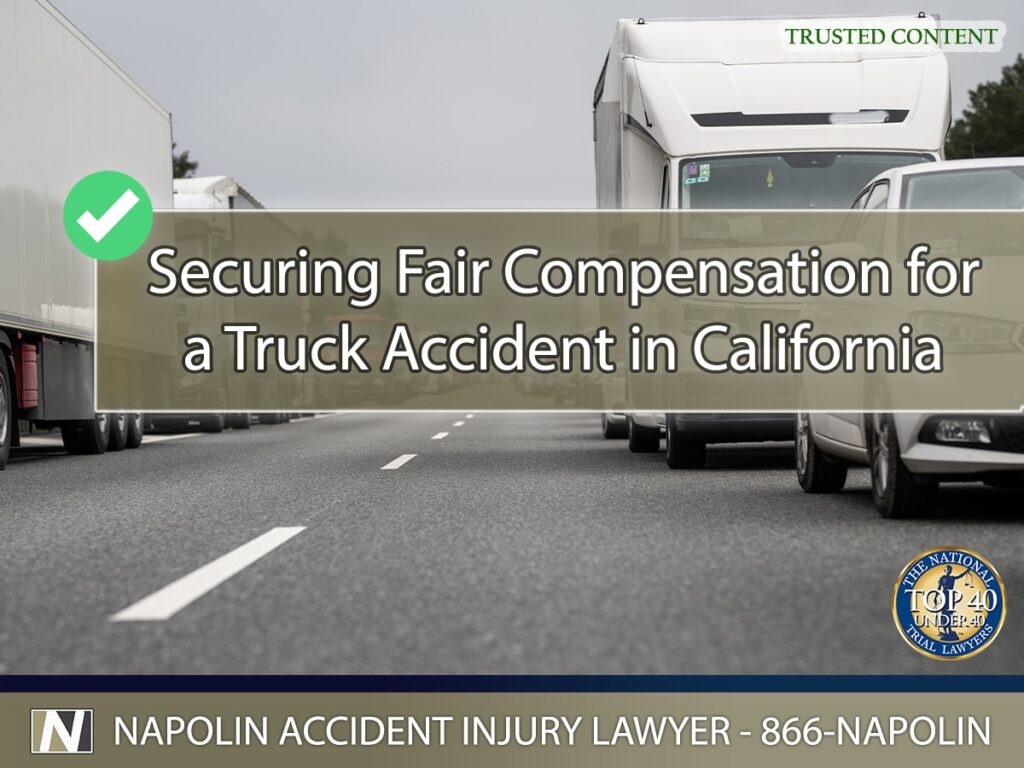oops!!!
The page you're looking for can't be found
Are you looking for a Personal Injury Lawyer? Car Accident Attorney? Workers' Compensation Lawyer?
Please find a relevant page, post or link below. Napolin Law Firm - Personal Injury, Car Accidents, Workers' Compensation Lawyers
Safely and Legally Navigating Parking Lots in California
Parking lots are a common site for auto accidents due to their busy nature and the presence of both vehicles and pedestrians. Understanding the right-of-way rules in California parking lots can help prevent accidents and ensure the safety of all. In California, the rules of the road extend to parking lots, making it crucial for…
Read More...Understanding Uber Accidents and Insurance Coverage Periods in California
With the rise of the gig economy, ridesharing services like Uber have become a ubiquitous part of daily transportation for millions. However, alongside the convenience and affordability these services offer, there exists a complex web of responsibilities and liabilities. Understanding the intricacies of Uber accidents and the associated insurance coverage periods is crucial for both…
Read More...A Guide on Red Light Auto Accidents in California
Red light running is a dangerous traffic violation that often leads to severe accidents, particularly in densely populated areas like southern California. These accidents not only cause significant physical injuries and property damage but also carry serious legal repercussions for those involved. Understanding the legal landscape surrounding red light violations in California is crucial for…
Read More...Self-Representing in a California Personal Injury Claim
Navigating the complexities of personal injury claims in California can be a daunting task, particularly for those who are already dealing with the aftermath of an accident. The decision to self-represent, while appealing to some for its potential cost savings, overlooks the intricate nature of legal procedures and the expertise required to effectively manage and…
Read More...Common Sources of Distraction for Drivers in California
The rapid pace of life in California can often lead drivers to multi-task while behind the wheel, but the consequences of distracted driving are severe and far-reaching. With the bustling highways and scenic routes across southern California, maintaining focus on the road is critical for the safety of all road users. This article delves into…
Read More...A Guide to the Parties Involved in a California Truck Accident
The aftermath of a truck accident can be overwhelming and complex, especially when determining liability among the parties involved. In southern California, where the bustling freeways witness a significant share of truck traffic, understanding these dynamics is crucial. Each truck accident case involves multiple facets of law and regulation, making it essential for victims to…
Read More...Securing Fair Compensation for a Truck Accident in California
Truck accidents in California are a significant concern, with their frequency and devastating impact affecting countless lives each year. Given the complex interplay of federal and state regulations governing these vehicles, understanding your legal rights and the avenues for obtaining fair compensation is crucial. This article serves as a guide to navigating the aftermath of…
Read More...Safely and Legally Navigating Parking Lots in California
Parking lots are a common site for auto accidents due to their busy nature and the presence of both vehicles and pedestrians. Understanding the right-of-way rules in California parking lots can help prevent accidents and ensure the safety of all. In California, the rules of the road extend to parking lots, making it crucial for…
Read More...Understanding Uber Accidents and Insurance Coverage Periods in California
With the rise of the gig economy, ridesharing services like Uber have become a ubiquitous part of daily transportation for millions. However, alongside the convenience and affordability these services offer, there exists a complex web of responsibilities and liabilities. Understanding the intricacies of Uber accidents and the associated insurance coverage periods is crucial for both…
Read More...
